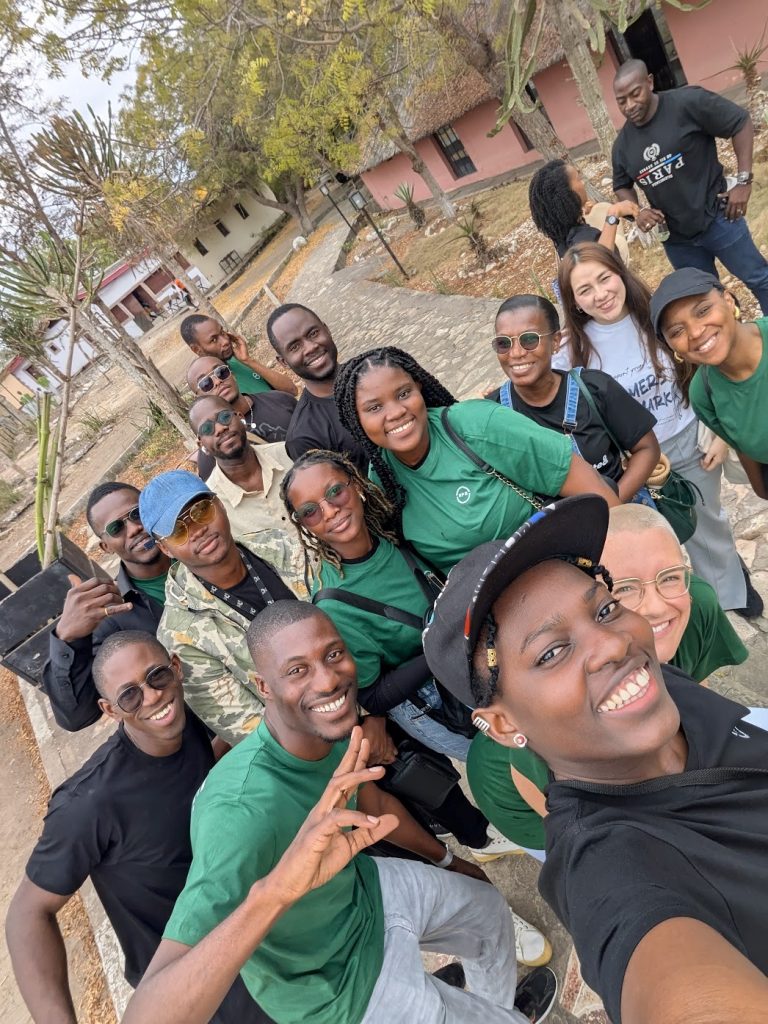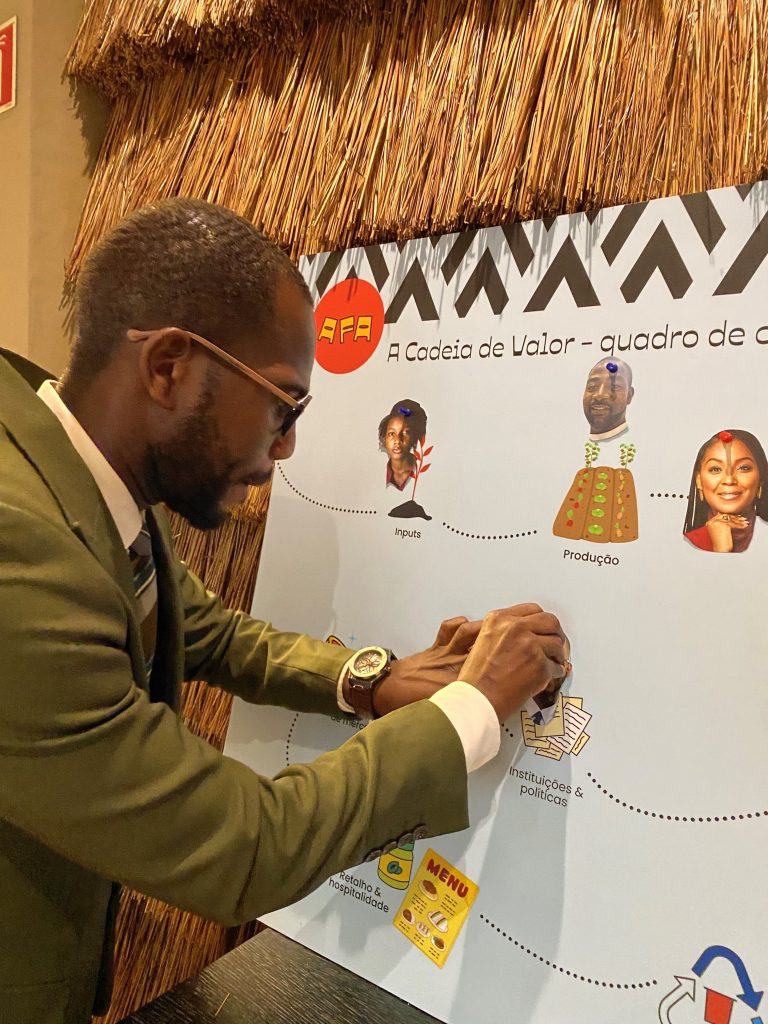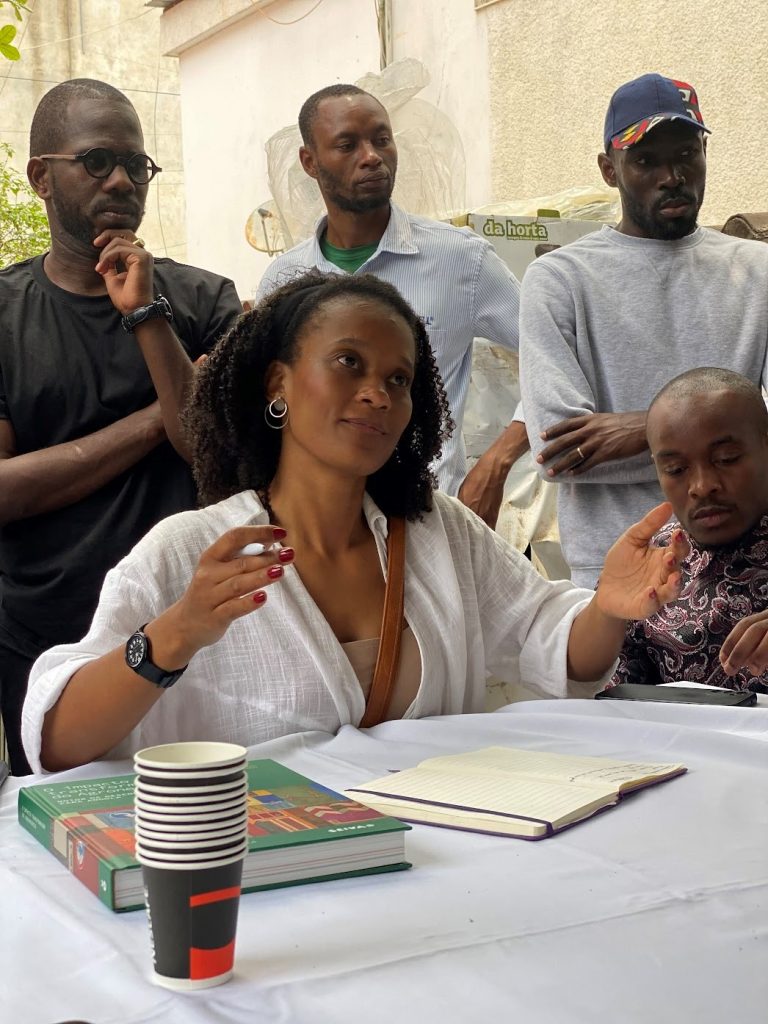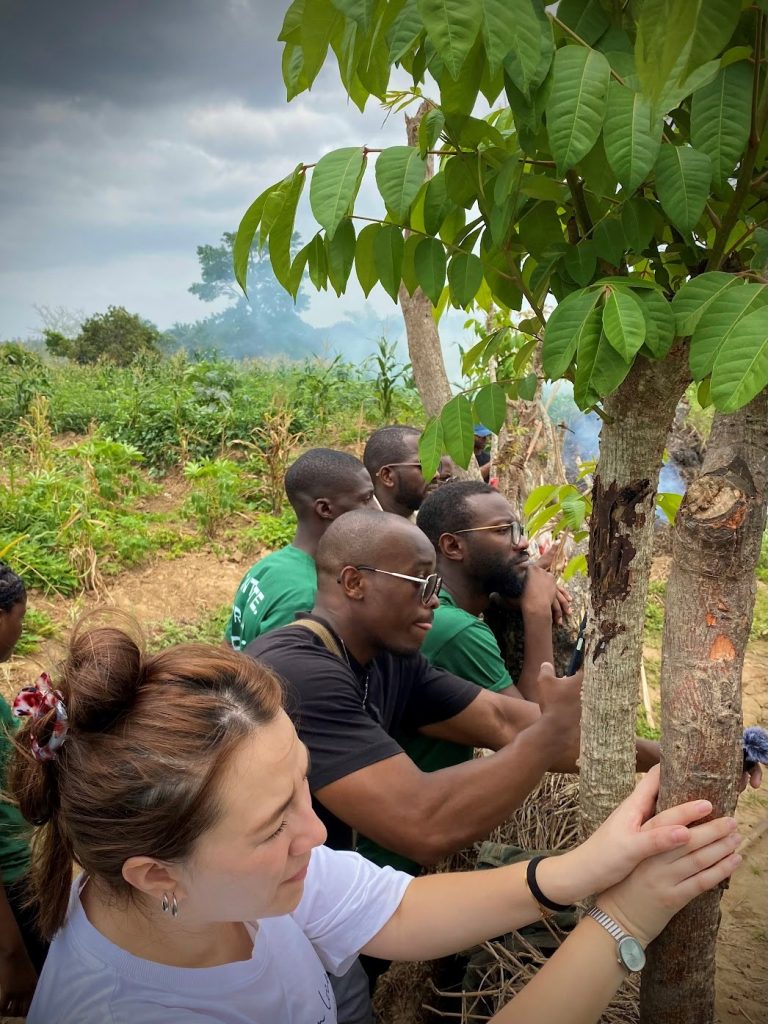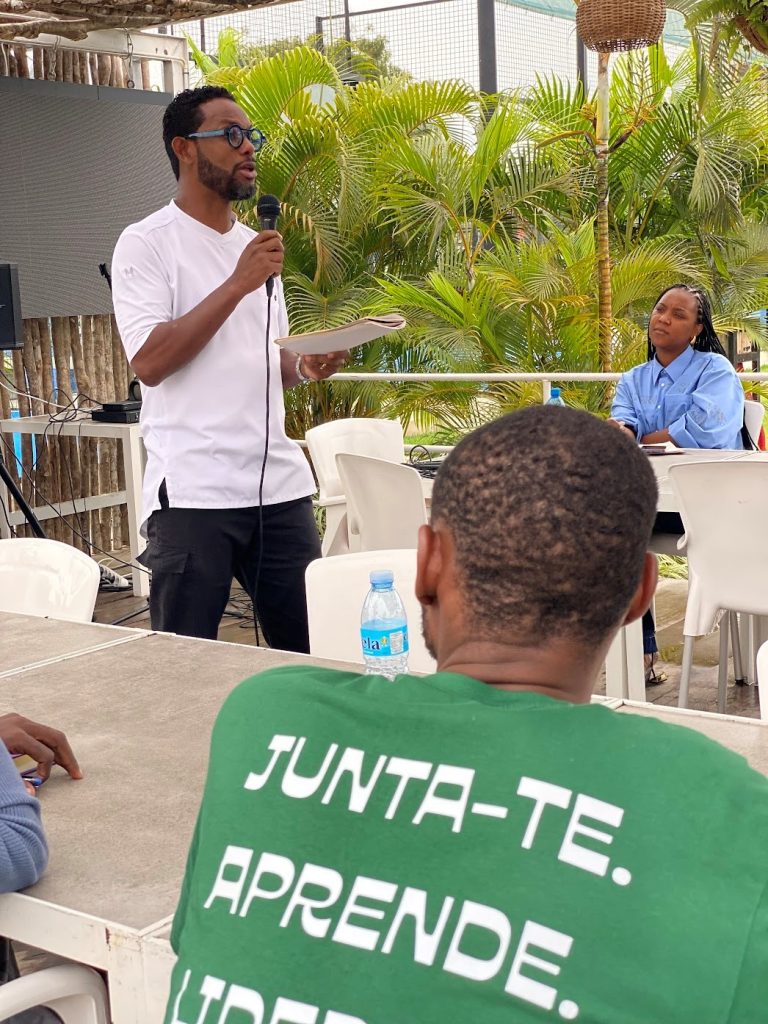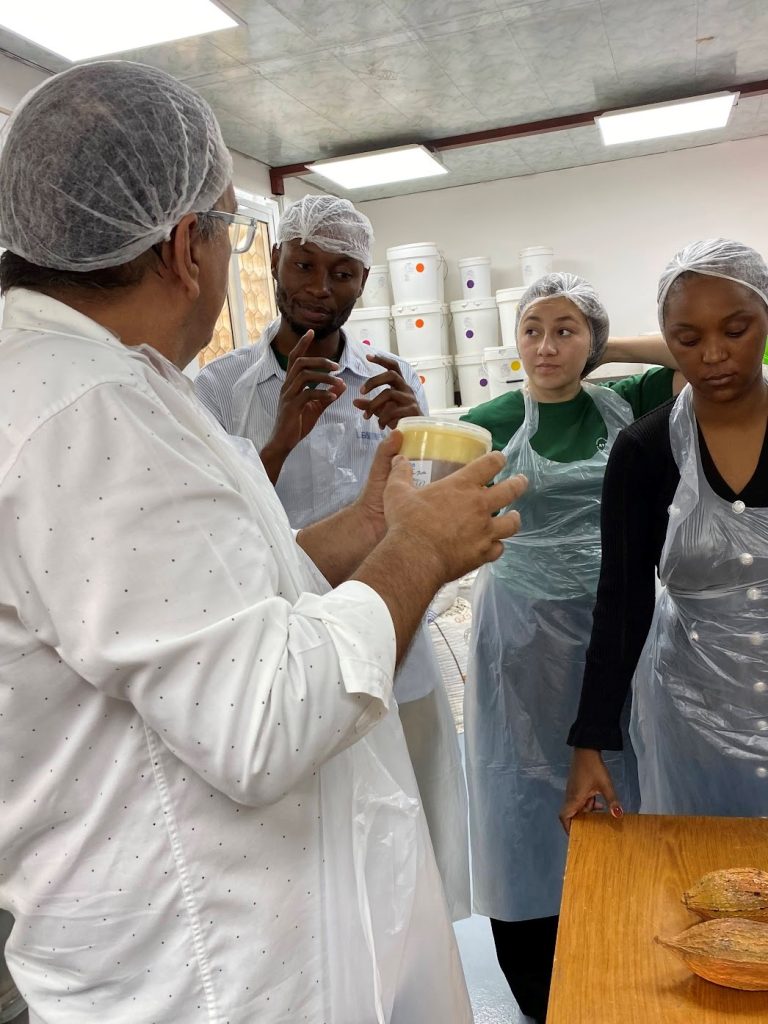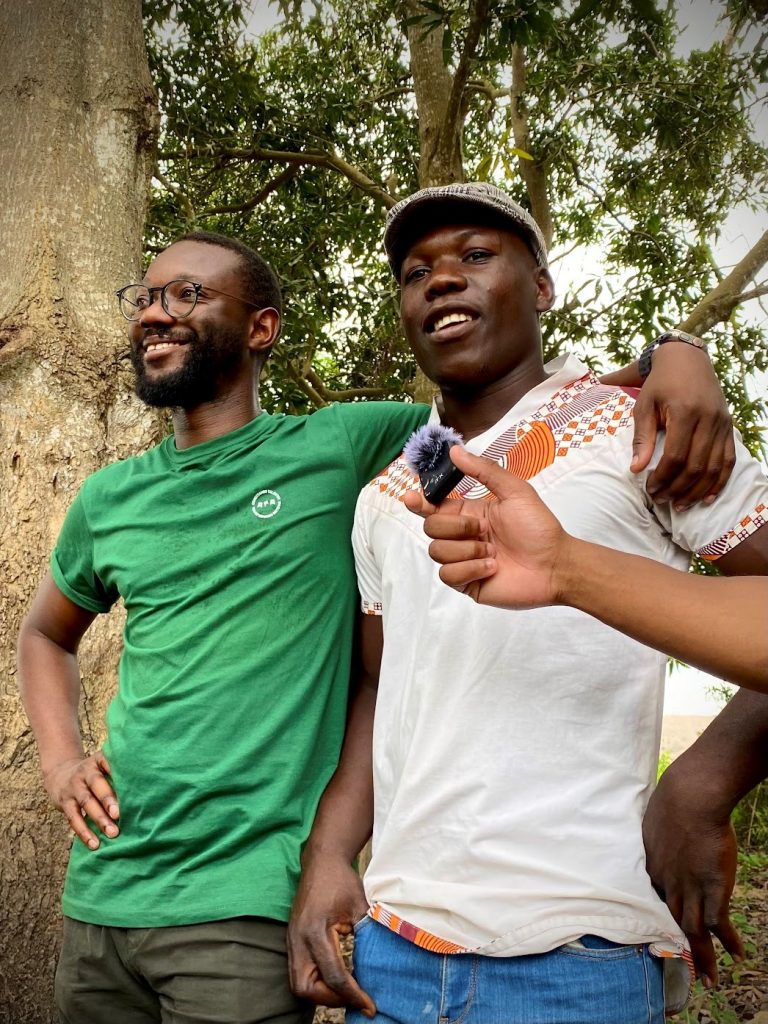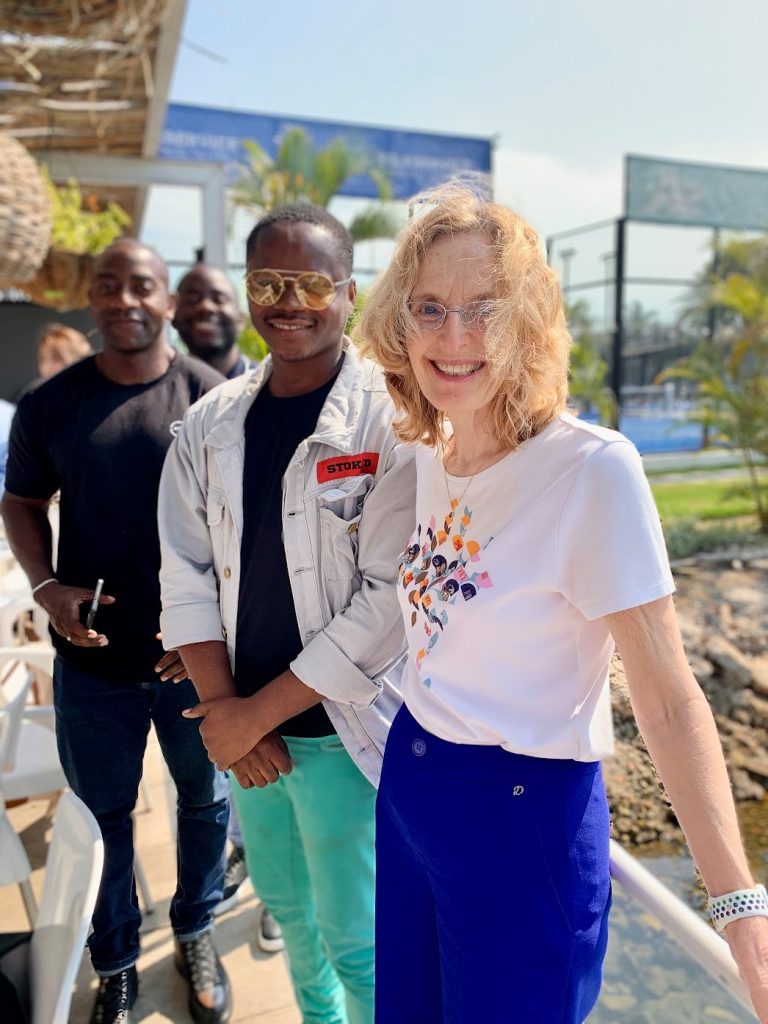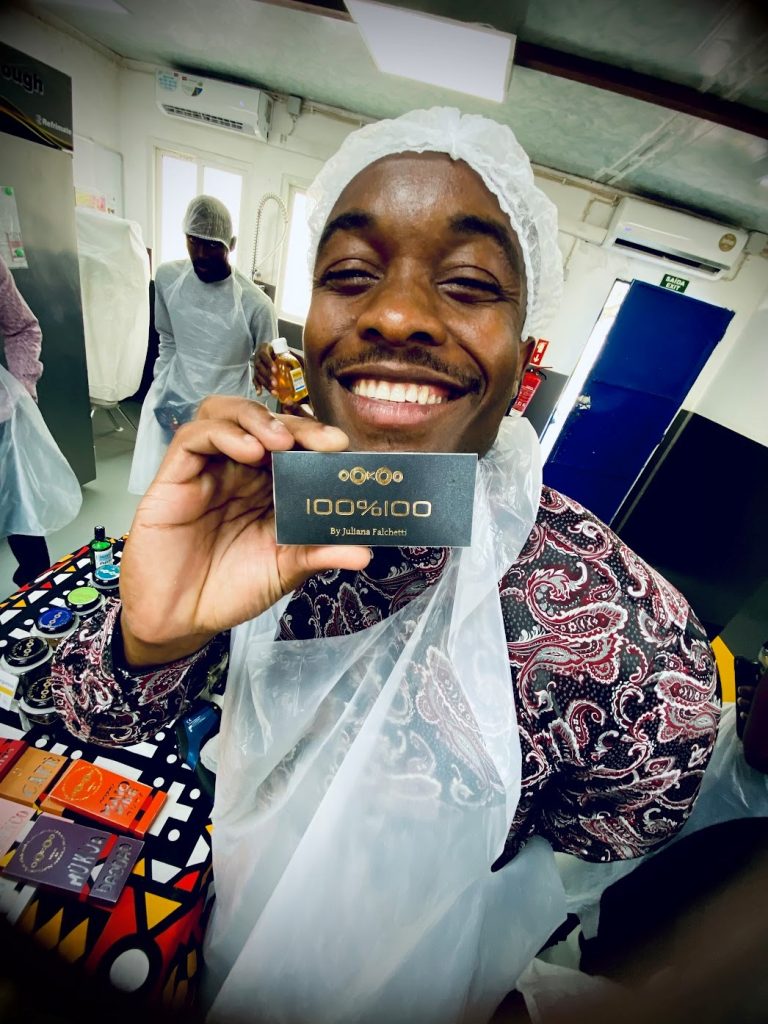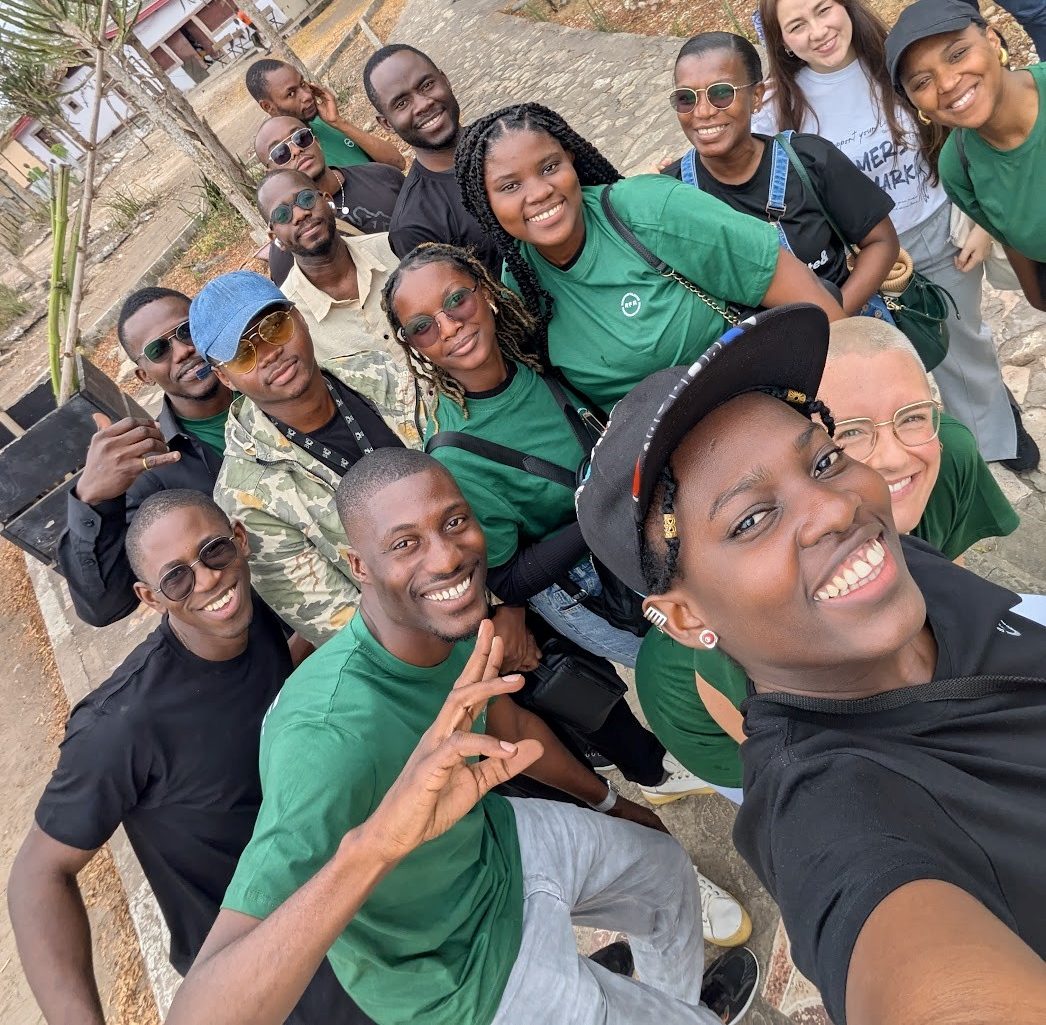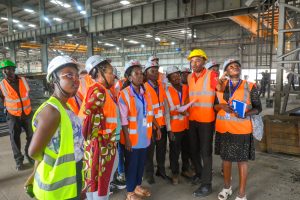On World Food Day, 16 October, we officially kicked off the Angola Food Academy. Part of the larger Angola Food Movement, the Angola Food Academy is a flagship initiative equiping young Angolan talents to lead Angola’s push towards food security and sovereignty. Emerson Congo, participant in the first Angola Food Academy, looks back on his first weekend with the movement and shares his thoughts for what lies ahead.
Emerson: I’m a lawyer and one of the pioneers of Agrarian Law in Angola. As co-founder of the Angolan Association of Agrarian Law, my daily work often revolves around theory, analysing agricultural policies, supporting cooperatives through legal frameworks and writing about rural development. Yet, I’ve always felt something was missing: the reality behind the theory.
That’s why I joined the Angola Food Academy. I wanted to understand how the food system really operates and see how policies translate into practice. The first Academy weekend was the perfect opportunity to do exactly that.
For four intense and inspiring days, 21 young food professionals from across Angola gathered to learn, exchange ideas and see our food system in motion. We visited farms, factories and innovative food companies. It wasn’t about sitting in a classroom, it was about experiencing, connecting, exchanging knowledge and asking questions.
We learned from pioneering owners behind the businesses such as Ovina Yetu, oOkOo, Nutriboty, Fazenda Maxi and Jardins do Yoba, each showing a different side of Angola’s growing food ecosystem. Through them, we could see the value of persistence, creativity and collaboration in building a stronger local food economy.
One example that particularly inspired me was Nutriboty’s journey with mucua (baobab) seeds. For years, Angolans consumed imported mucua powder, unaware that the raw fruit was abundant in our own lands. Nutriboty discovered that communities in Namibe and Cunene were already collecting mucua and began buying the raw seeds directly, processing them locally into flour. What was once seen as waste became a valuable product, adding income to local farmers and creating a proudly Angolan product. It took five years for the market to recognise the value, but today, mucua flour represents both innovation and identity. For me, this story turned a legal concept – local value addition – into something tangible. It showed how business models, when rooted in local realities, can transform communities.
Each day at the Academy challenged our perspectives. We didn’t just learn about production or processing, we explored what it means to build something authentically Angolan. My fellow participant Lavinia captured it perfectly: ‘Angola Food Academy is showing me, through different experiences every day, how important it is for us, as producers, processors or any type of market players, to have our own DNA. To carry Angolan pride, love for the country, and the desire to create something good and beautiful to deliver to the market.’ And Lorena added: ‘I am deeply motivated by the sense of Angolaniation, reclaiming identity and pride in our national culture.’
Leaving the first Academy weekend, I felt not only more knowledgeable, but also more connected, to people, to place and to purpose. What began as a search for practical experience became a deeper journey into understanding how Angola’s food system can grow stronger through shared effort and local pride. The Angola Food Academy, for me, is more than training. It’s a path, one that connects ideas with reality, and theory with impact.
